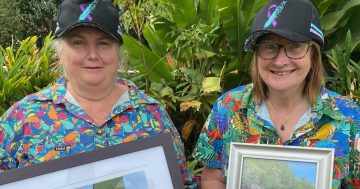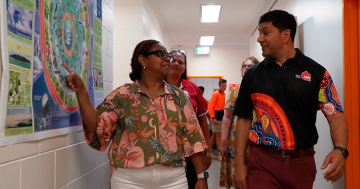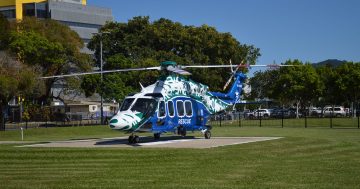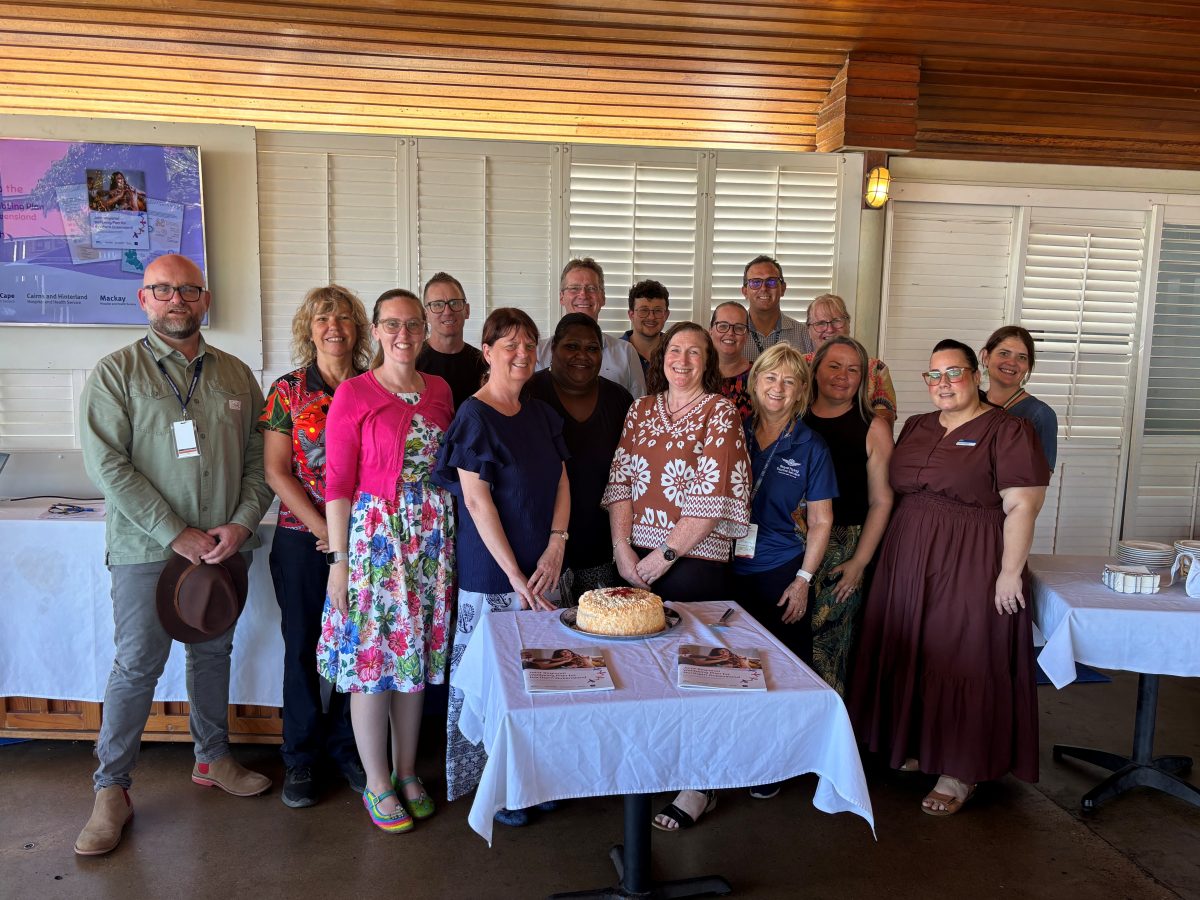
Cooktown service providers gather for the 2025-28 Joint Regional Wellbeing Plan launch Cape York tour. Photo: Supplied.
A new plan to strengthen support services in the mental health, alcohol and other drug and suicide prevention sector is being introduced across the region after consultation with community voices.
The Northern Queensland Primary Health Network (NQPHN) launched its 2025-28 Joint Regional Wellbeing Plan (JRWP) in Cape York with a visit to Weipa on 4 November and Cooktown on 28 October.
It will also be launched in Bamaga on 19 November and Thursday Island on 20 November.
NQPHN operations director of mental health, alcohol and other drug, and suicide prevention, Cara McCormack, said the three-year plan was an update of the 2021-24 plan based on input from people with lived experiences.
“This has been a refresh, but also a real opportunity to more deeply consult across Northern Queensland to understand what’s happening within the mental health, alcohol and other drug, and suicide prevention sector,” she said.
“It’s helped us to understand the pressure points for our communities, and get good clarity on the priorities that the sector needs to work on.
“One of the really strong takeaways from this refresh is the absolute importance of working with community, and empowering them to lead the ways they’ve developed and delivered to ensure that they are meeting the needs of the local communities.”
Ms McCormack said the refreshed JRWP identified several key priorities, including workforce development and capacity to keep up with a growing demand for support.
She said based on statistics and feedback from service providers on the ground, 25 per cent of people in the Torres and Cape region reported they had “five or more mentally unhealthy days per month”, and 52 per cent engaged in “risky drinking”.
“As our community gets larger, it’s really important that we have the workforce ready and able to meet those needs,” she said.
“That includes how we support our Aboriginal and Torres Strait Islander health workforces, and also our lived experience workforces to continue to grow.
“There are newer workforces in our sectors, so being able to support them in their development and work across our communities and service providers to do that in a more collaborative way.”
She said the idea of integration across services was also key to the relaunch to make support as simple and accessible as possible.
“We know that it can be a little bit confusing as to where the services are and how to get access to them, and that sometimes it can feel like you’re moved between different services,” Ms McCormack said.
“A large call-out for this plan is to continue to work with all of the providers who deliver support in our communities to build more integration and connection between their services, so it’s easy for people to get the support they need from the right place at the right time.”
She said the hope was for on-the-ground launches to drive community engagement and ensure its effectiveness.
“We know how diverse the needs are across the Torres and Cape. When we come up to introduce the plan and launch it, we’re also sitting down with community to really understand how we bring these priorities and identified actions to life in each community,” she said.
“That’s going to inform us about how we maintain that engagement of community, and ensure we have the right representation to inform the services in the way they develop over the next three years.”
If you or someone you know needs help, you can contact:Lifeline’s 24-hour crisis support line – 13 11 14Suicide Call Back Service – 1300 659 467Kids Helpline – 1800 551 800 or kidshelpline.com.auMensLine Australia – 1300 789 978.
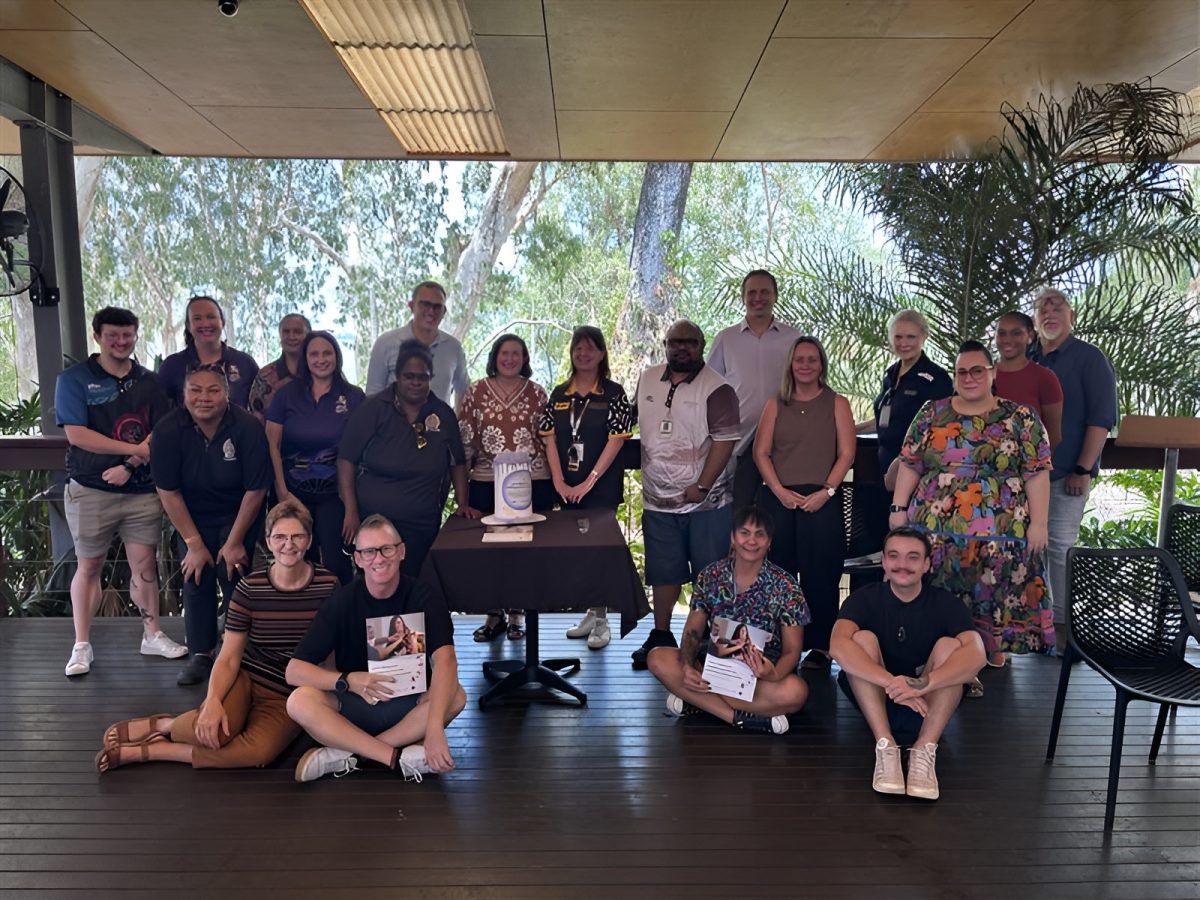
The 2025-28 Joint Regional Wellbeing Plan introduced in Weipa before it is launched in Bamaga and Thursday Island later this month. Photo: Supplied.


